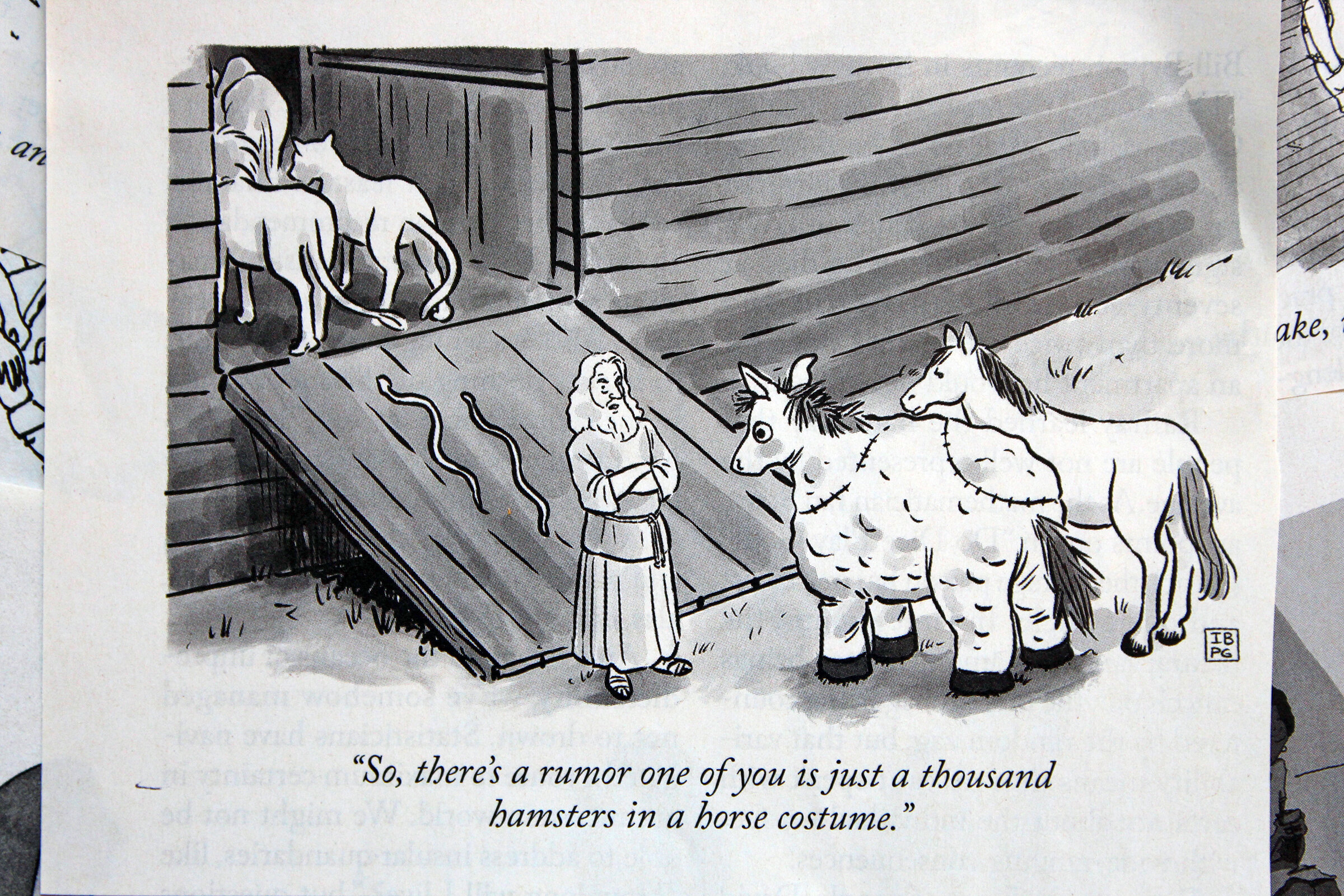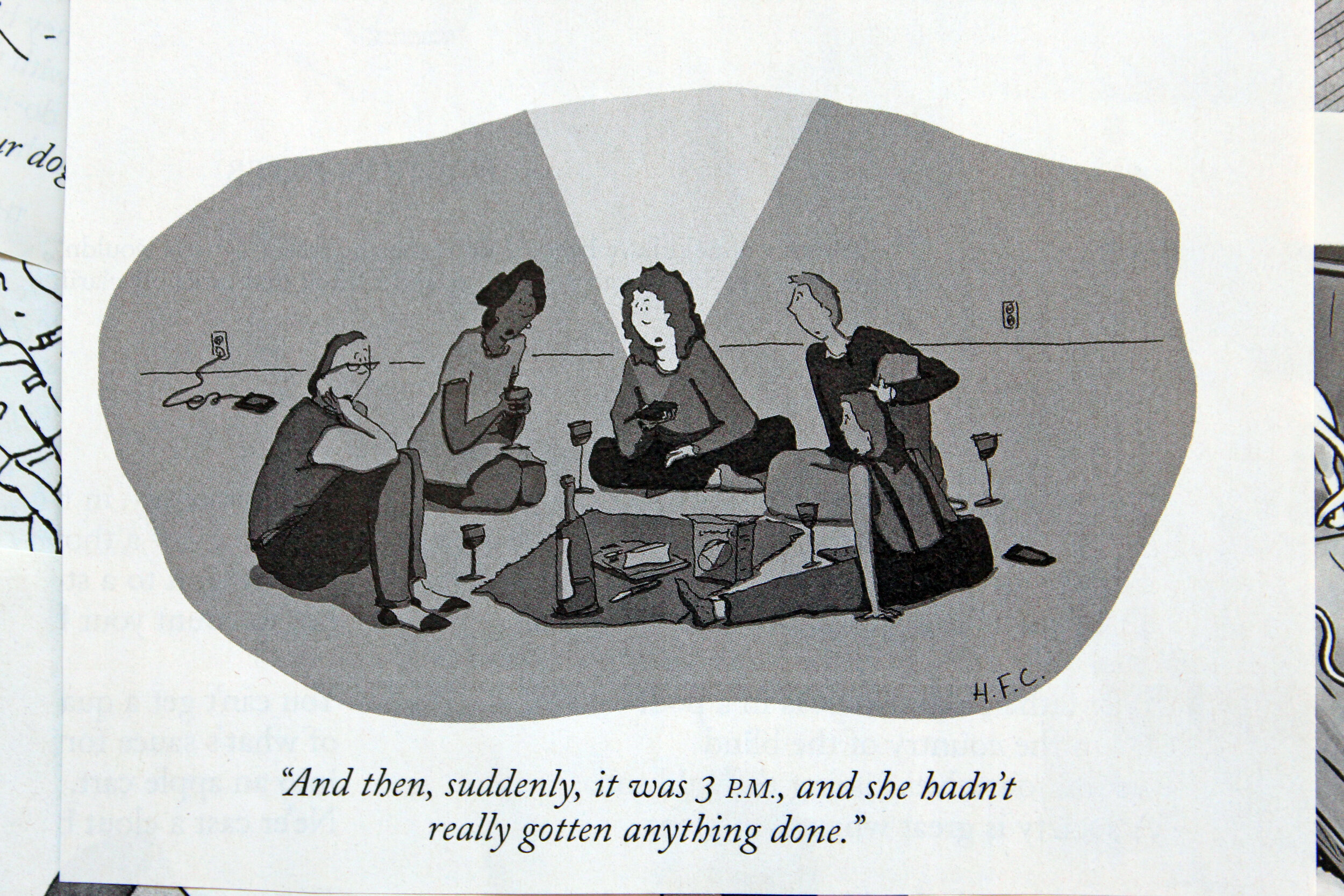Week 19: Only Connect
“Only connect.”
Collage, cut New Yorker magazine, 12 x 9
Some say that “Only connect” is the advice that writer E.M. Forster gave to other writers. I’m not sure that’s true.
By no means am I a Forster expert. I don’t think I’ve ever read anything he’s written. And while “only connect” is great advice for all artists, all people, this quote comes from Forster’s novel Howard’s End.
The New Yorker issue I chose for this week is from September, 2019. In it was a piece about playwright Matthew Lopez whose play The Inheritance was running on Broadway. Lopez fell in love with Forster’s work in his youth, and this play is a reimagining of Howard’s End with all gay male characters.
“Sweeping Into Fall” by Malika Favre @malikafavre
The New Yorker Style Issue, September 9, 2019
While working on the play, Lopez got to peruse some of Forster’s original manuscripts. His eyes instantly landed on the words “Only connect.” It felt synchronous to him. And, in turn, it felt synchronous to me.
I knew “Only connect” would be the title of this week’s piece even though I didn’t get the vision for it until the last minute.
There are any number of ways I could depict connection. And there are any number of ways we can connect. These days, connecting seems to be front and center. How do we stay connected with each other during a pandemic?
And now that the days are getting shorter as we head toward winter—at least in the northern hemisphere—we are approaching a natural hibernation period, a season of going within, of connecting to inner parts of ourselves.
I’m always game for going within. I don’t need winter for introspection inspiration. Right now, my biggest inspiration is the call for racial healing. Yes, there are tons of actions we can and need to take on this path of dismantling the system of White Supremacy, but I think introspection is crucial. Without it, how will I ever connect the dots between my own unconscious biases and the continuation of an unjust system weighted against Black people? (The data don’t lie, y’all.)
As I hear lots of different perspectives around the issues of racial healing, it seems like it’s easier for White people to look outside of ourselves and think, I get it. I am nice, I treat people the same no matter their skin color. I smile and say hello. I believe everyone should be treated the same.
But it’s the unconscious beliefs lurking in the shadows that need to come to light for us to make true, meaningful, healing, systemic changes. To make deep connections and create an ecosystem where Black people feel like they can bring their full authentic selves into relationships with White people. With me.
I know. There can be a lot of shame around those hidden unconscious places. Kind of like when one is in the throes of addiction. Once I am willing to shine a light on my addictions and admit I am powerless over [addictive substance of choice], I can begin unpacking that shame.
AND IT IS SO LIBERATING. To finally discover that there are other people like me—addicted and recovering. That there are lots of facets to addiction—spiritual, mental, emotional, physical—and it doesn't make me a bad or weak person to be powerless over [addictive substance of choice.] In fact, admitting that powerlessness holds such power!
We—people alive today—didn’t create the system of White Supremacy. We are powerless over being born into it. And yet, it is imprinted in our cells. It is the water we are swimming in.
There’s no shame in taking a look at those hidden places—the biases I didn’t know I had, the fears of confrontation, of not being liked, that I won’t be enough to fix it all. Once I can acknowledge and connect with these hidden places, there’s no turning back. There’s only integrating, healing, and moving forward. If I am willing.
I’d like to think that more people than not are shining the light on their own hidden places and committing to the work of antiracism—the daily, life-long commitment of trying, failing, trying again, succeeding—one moment at a time, connecting the moments together to build new neural pathways, new paradigms based in love, not fear.
Love connects. I want to only connect. With myself, with others. If we are All One, is there really any other choice?
INNER CRITIC URSULA: Jesus, Shad. Addiction? White supremacy? You’re a laugh riot.
ME: Alright, alright. I hear you.
URSULA: Can’t you lighten it up a bit?
ME: Not feeling it right now. How about an extra featured cartoon?
URSULA: That’s all you’ve got?
ME: Shut it.
INNER CHEERLEADER JULES: YAY! AN EXTRA CARTOON!!!
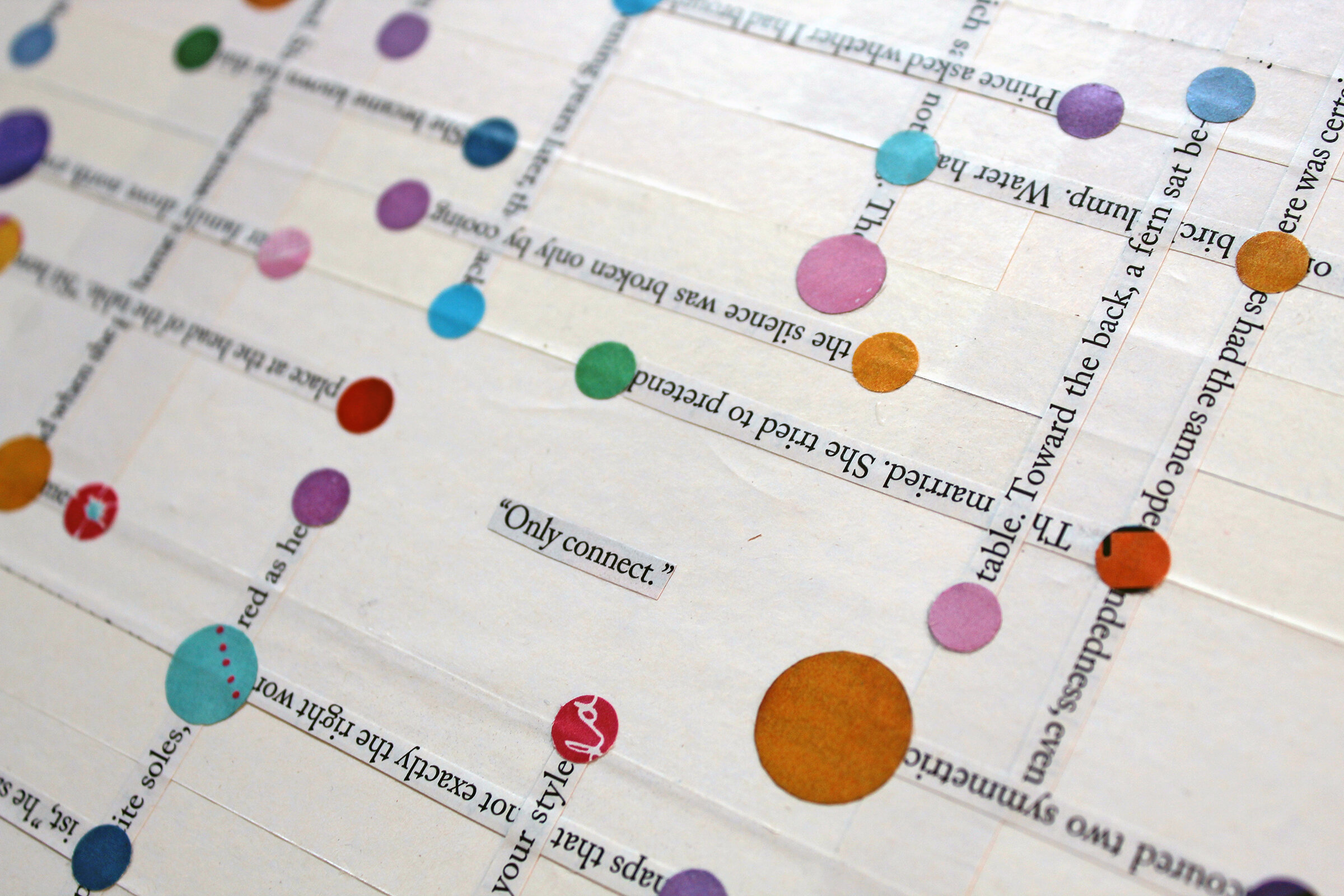
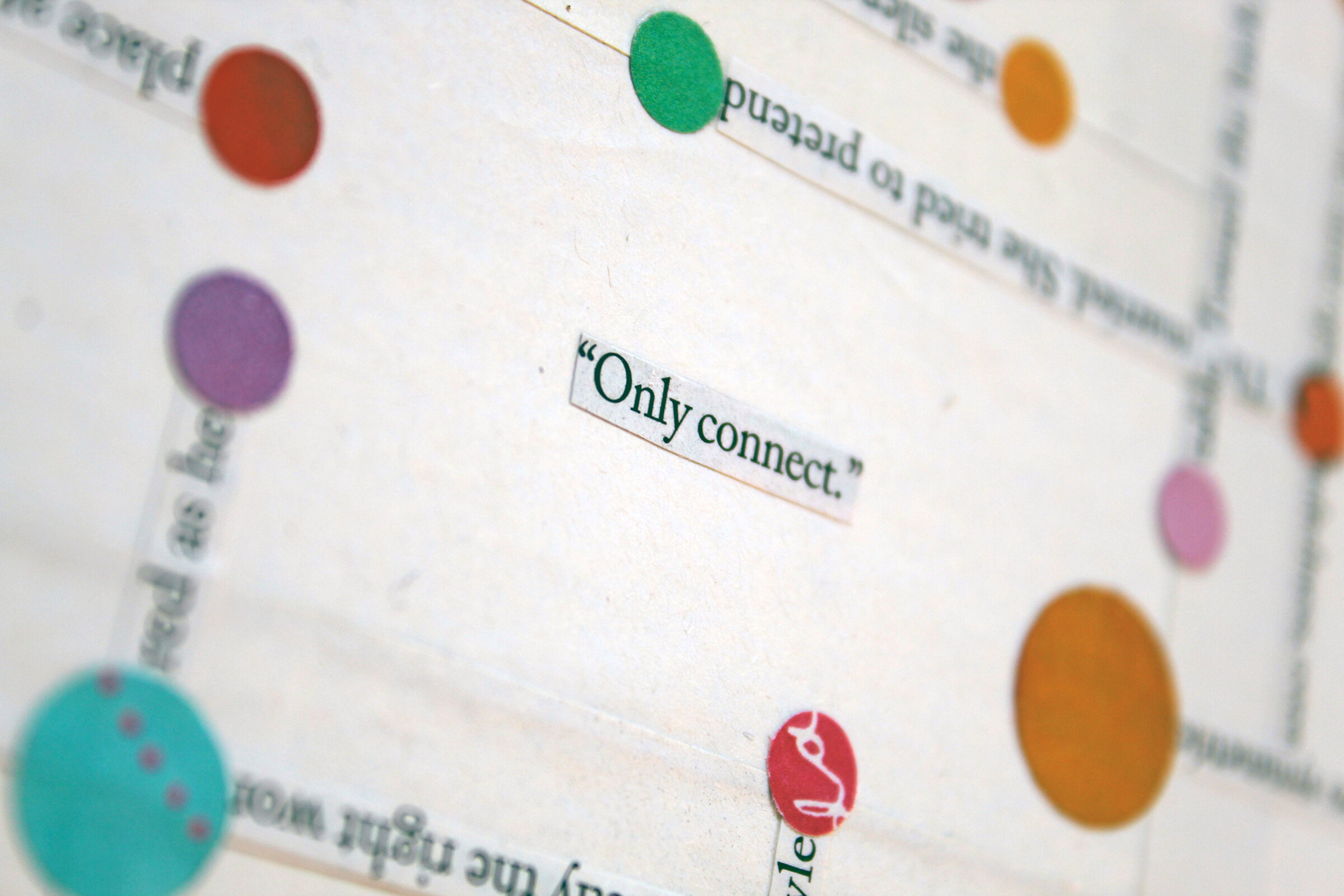
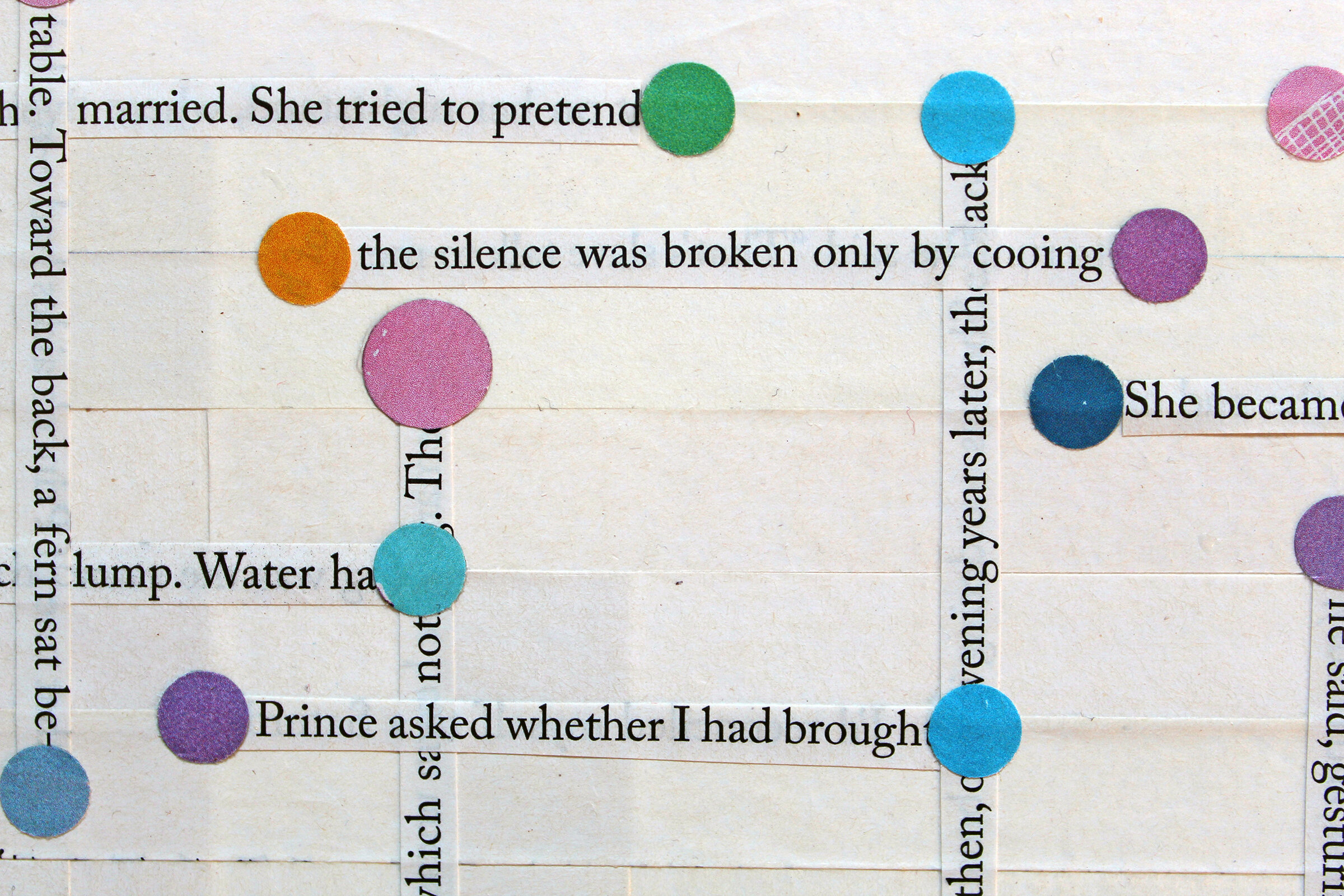
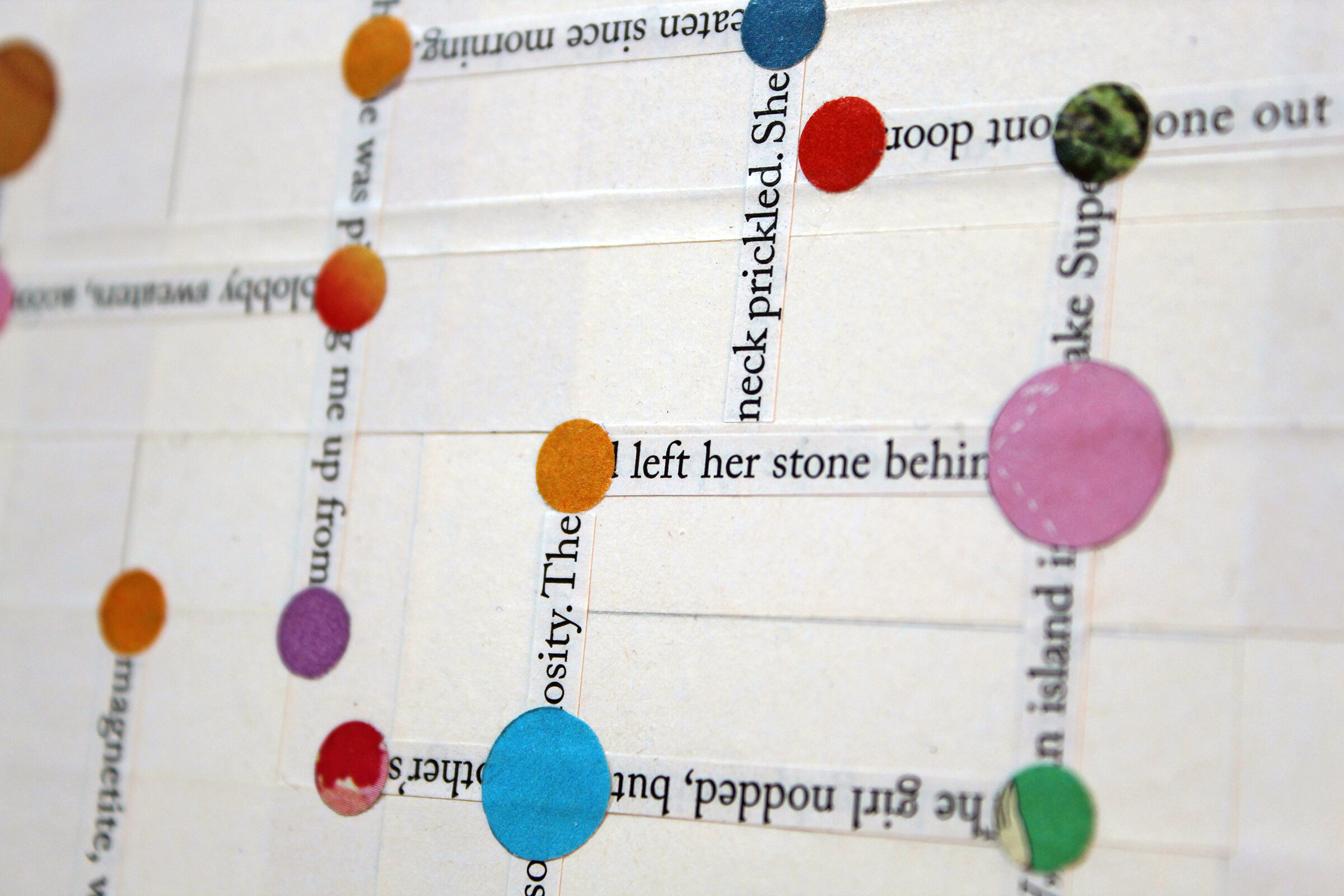
THIS WEEK’S FEATURED CARTOON + Ursula’s BONUS CARTOON
